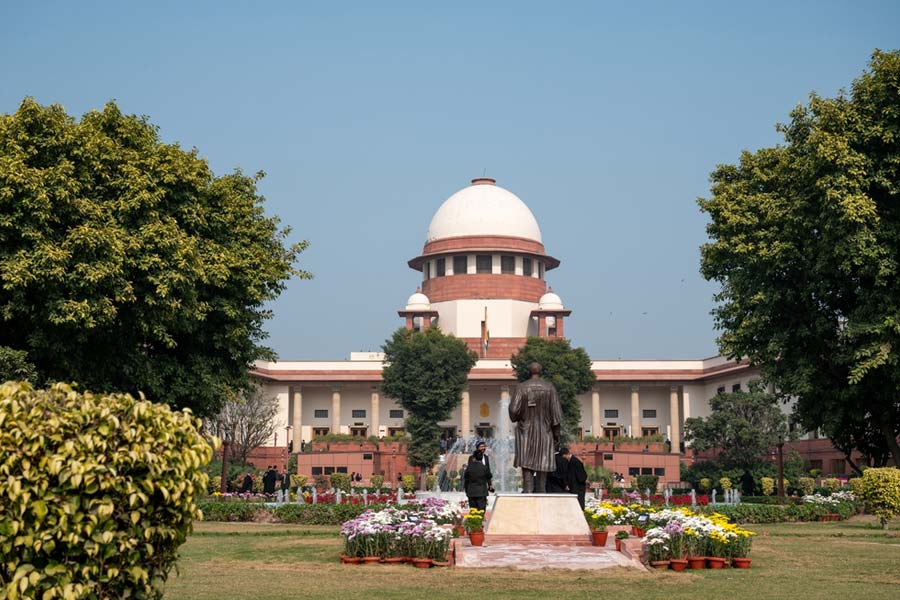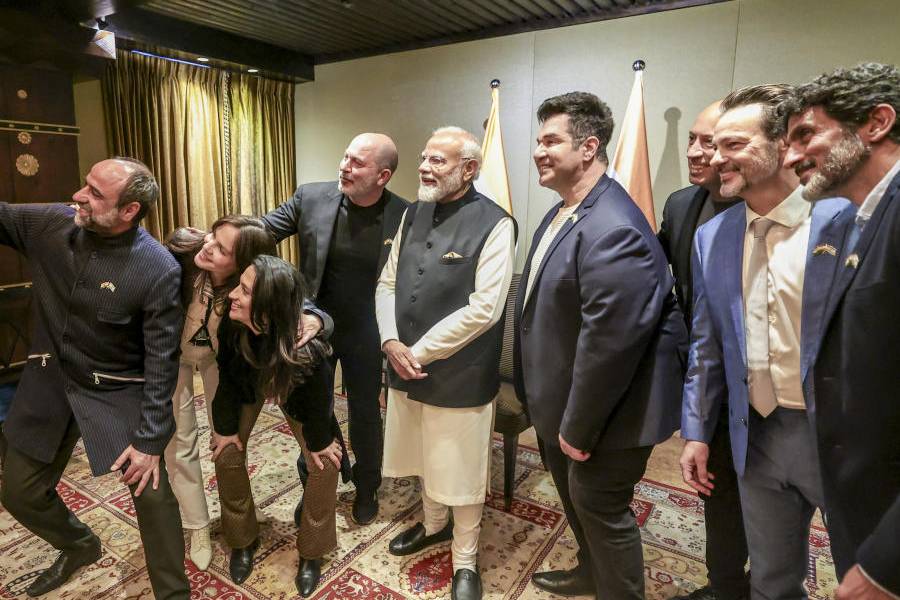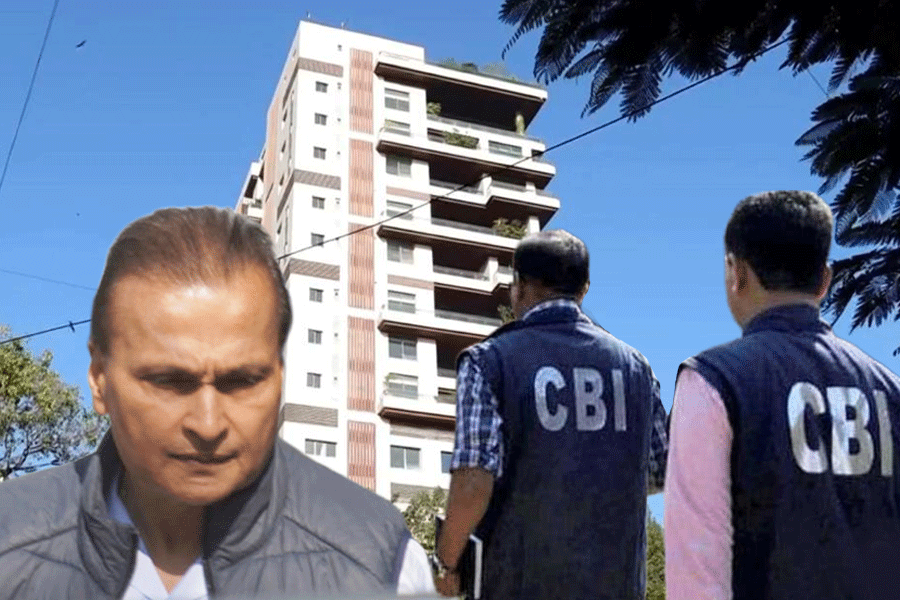Supreme Court Judge Justice B V Nagarathna on Friday said women are not intruding into professional spaces dominated historically by men, rather, they are dismantling unfair barriers that excluded them for generations.
The top court judge was delivering a speech at the release of a book titled 'Women Laws from the Womb to the Tomb: Rights and Remedies' authored by senior advocate Mahalakshmi Pavani.
"What is happening today is not about women invading men's spaces, but rather dismantling barriers that have unfairly excluded them for generations. Every woman stepping into a courtroom, legislature or boardroom today isn't expanding her boundaries. She is reclaiming her fair share of this nation's intellectual and institutional legacy," the apex court judge said.
She underlined that discussions about a paradigm shift on women's roles, especially in professions historically dominated by men, should have an inclusive language that empowers and celebrates their rightful participation.
"It is important to pause and consider the words we use to describe these shifts. We frequently hear phrases like women entering the judiciary, claiming a seat in the board room or making their way into fields of power and influence. On deeper examination, however, they subtly suggest that these spaces were not meant for women, that their presence is unusual or even intrusive," Justice Nagarathna said.
She said such language echoed outdated beliefs that power, decision-making and intellect naturally belonged to men.
"There is a loud but subtle declaration that portrays women as outsiders rather than rightful participants. This kind of language is not just old-fashioned. It is fundamentally inaccurate "I would like to highlight that women are not intruding. They are not taking over or stepping into someone else's territory. They are citizens, contributors, thinkers and leaders in their own right," the top court judge said.
She said a strong Indian family and society would ultimately lead to a stronger nation, but for that to happen, women in the family have to be respected and empowered.
"Indian law today provides a lattice of protections and rights to women at every stage of life, but how far are those remedies available to her?" she said.
The apex court judge raised a question about how to ensure the intent of some of the remedies, particularly IPC Section 498 A (cruelty by a husband or his relative to a married woman), was not misused by false claims.
"In a day and age of rampant misuse of laws, the impetus has fallen on the judiciary to see through false claims and ensure that the intent of the legislator is not left in the lurch in genuine cases; the judge is obligated to be meticulously aware of the practical realities of society and identify the distinction between a claim, weaponising the law and another, praying for justice.
"To this end, a judge's tools are two: fidelity to the law and the compassionate conscience," Justice Nagarathna said.
Applauding the book, she said it comprehensively covered the perils and ills concomitant with the potential birth of a girl child, and also included legal commentary on the rights of women till they became senior citizens.
"The meticulously curated structure and constituent articles of the book not only enumerate the positive description of law, but also expound the intent of the legislator, the judicial intent and the constant and contextual societal setting in which these laws operate," Justice Nagarathna said.
Supreme Court judge Justice K V Viswanathan, who also spoke at the event, said the presence of women in erstwhile male bastions conferred immense benefit on humanity as a whole.
He said, "It is undeniable that the stunning achievements of science, technology, arts and culture world over would have been impossible without the creative contribution of women." Commending the author, the top court judge said the book's 24 chapters analysed every aspect of women's problems and that it was a fascinating read.
"It is a book which should adorn the library of every member of the legal fraternity. It should be possessed by every woman so that they are aware of their rights and how to enforce them," Justice Viswanathan said.
Except for the headline, this story has not been edited by The Telegraph Online staff and has been published from a syndicated feed.










